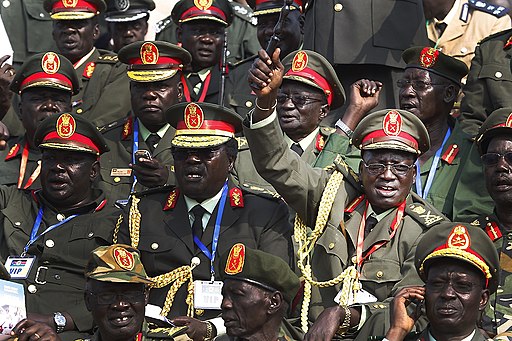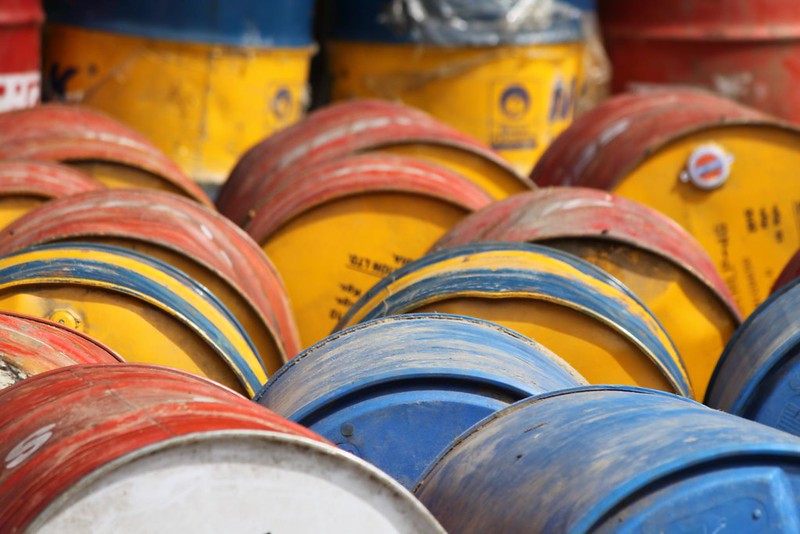How will traumatic decarbonization affect peace processes and political settlements in fragile oil-producing states in Africa and the Middle East?
From 2005-13, relations between competing elite actors in South Sudan were organized through a political marketplace in which payments derived from oil rents were used to purchase the loyalty of armed men. During the same period, marketization, urbanization, and the politics of state-building remade South Sudan’s underlying political economy. With the outbreak of civil war in 2013 and the collapse of the country’s oil revenues, it was this transformed political economy that enabled the state to maintain its grip on power, as the government distributed positions and licenses to local actors, who then used such prestations to tax, raid, and otherwise immiserate the populations under their control. A shift from a political economy predicated on the distribution of oil revenues to one based on the apportionment of positions and licenses has intensified inequality in South Sudan and enabled continued elite domination. Said otherwise: it is the emergence of a market economy that has facilitated the continued existence of a political marketplace, following the collapse of oil revenues in South Sudan. It is the market that has made the market. While this form of elite domination is likely to be durable, it will not be peaceful.
Access the full report, Making Markets: South Sudan’s War Economy in the 21st Century
The Carbon Compacts, Decarbonization, and Peace in Fragile States in Africa and the Middle East project was a 21-month research project led by the World Peace Foundation at Tufts University and funded by the United States Institute for Peace. Our goal within the project was to analyze how traumatic decarbonization—a rapid loss of oil rents—would affect peace processes and political settlements in fragile oil-producing states in Africa and the Middle East.
Photo: Generals of South Sudan’s army celebrate during official independence day ceremonies, Steve Evans | (CC BY-NC-ND 2.0)



